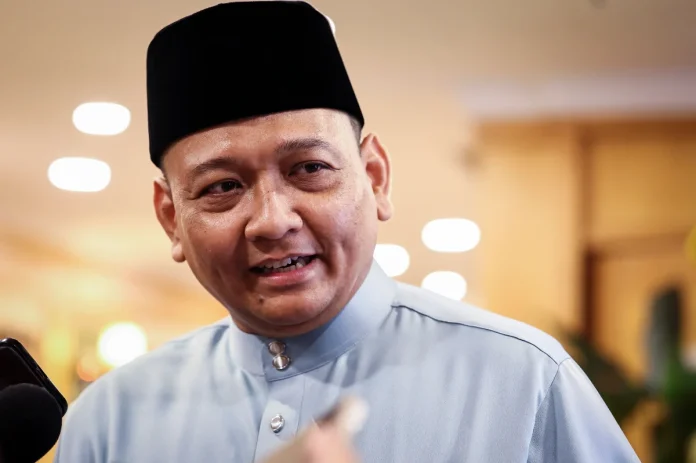Malaysia aims to lead Southeast Asia’s energy transition with RM1.3 trillion investment, 70% renewable energy target by 2050, and regional collaboration.
KUALA LUMPUR: Malaysia is positioning itself to lead Southeast Asia’s development of a secure, affordable, and low-carbon energy system through integrated policy, investment, and human capital development.
Sustainable Energy Development Authority chief executive officer Datuk Hamzah Hussin stated that energy transition now represents an alignment of growth and sustainability rather than a trade-off.
“We must work together to ignite the energy shift — powering Malaysia’s progress, strengthening ASEAN’s resilience, and lighting the path toward a sustainable future for all,” he said during a session at the Malaysia Pavilion at COP30 in Belem, Brazil.
Hamzah highlighted Malaysia’s progression from pilot projects toward comprehensive system integration that combines policy, finance, and infrastructure.
Cross-border initiatives including the ASEAN Power Grid and potential hydrogen and carbon dioxide corridors will accelerate regional cooperation, he noted.
The official emphasised that the challenge involves translating global lessons into local implementation rather than merely setting higher targets.
Malaysia’s commitment to the Paris Agreement and 2050 net-zero emissions target forms the foundation of the National Energy Transition Roadmap.
The roadmap envisions 70% renewable energy capacity by 2050 with an interim target of 31% by 2025.
It outlines six key transition levers: renewable energy, energy efficiency, hydrogen, bioenergy, green mobility, and carbon capture.
“NETR projects RM1.2–RM1.3 trillion in cumulative investment needs, signalling not just a financial challenge but a transformative opportunity,” Hamzah stated.
This investment is expected to stimulate economic growth, create green jobs, attract quality investments, and strengthen energy security.
Malaysia is implementing these strategies through expanded Green Sukuk, ASEAN Power Grid cooperation, grid modernization investments, and enhanced technical education programs.
These measures aim to reinforce capacity, market readiness, and investor confidence over time.
The session featured contributions from Asian Development Bank, Tenaga Nasional, Energy Transition Commission, and World Economic Forum representatives. – Bernama







